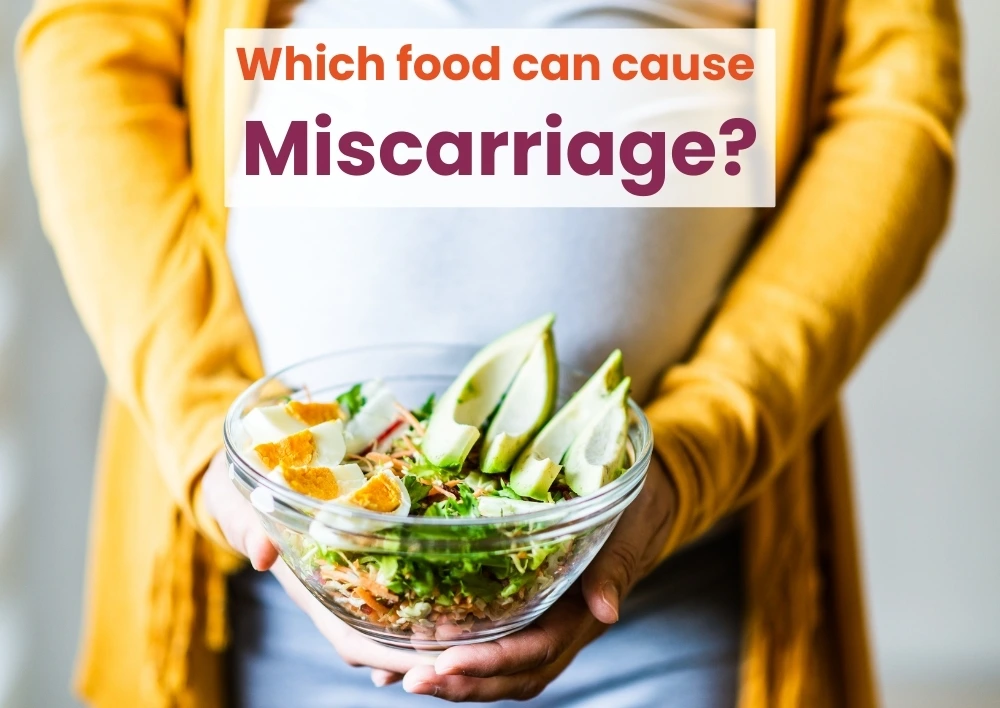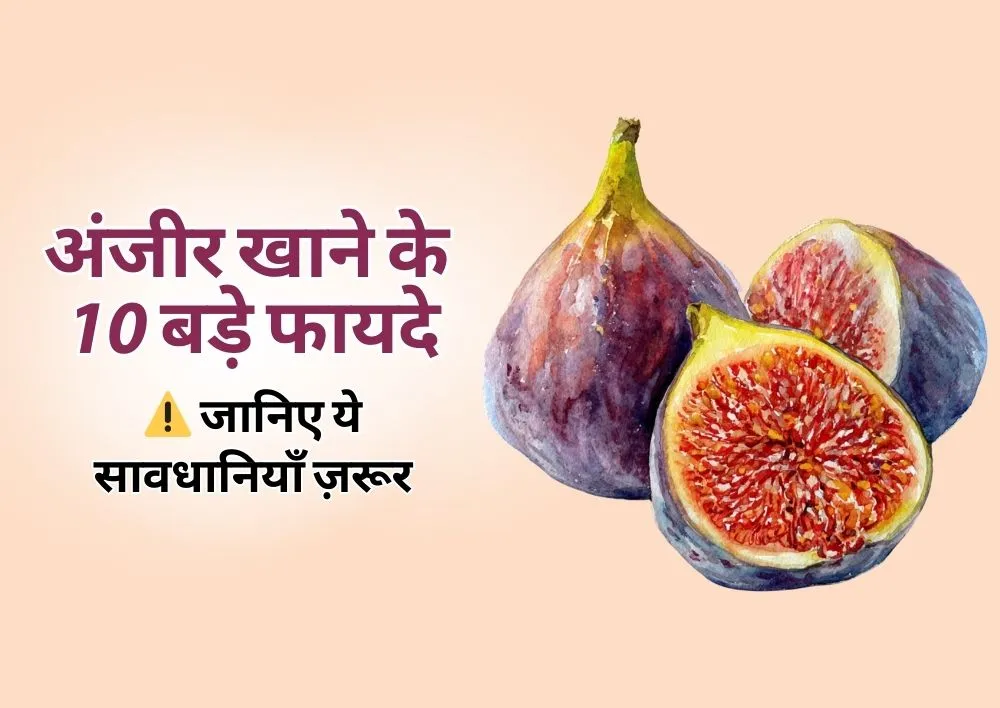Which food can cause miscarriage?
Summary
Pregnancy is a journey that requires careful attention to every aspect of your health, especially your diet. While most foods are safe and nutritious for a pregnant woman, certain foods can increase the risk of complications, including miscarriage. Knowing Which food can cause miscarriage is important to protect the mother and the developing baby. In this blog, we will explore the things to avoid during pregnancy that cause miscarriage, why they pose a risk, and how to ensure a safe pregnancy diet.
Understanding Miscarriage and Its Causes
Before discussing the foods that may cause miscarriage, it is important to first understand what miscarriage means. A miscarriage, also known as unexpected pregnancy loss, occurs before the 20th week of pregnancy. According to one of the top gynaecologist in Gurgaon at Miracles Apollo Cradle, While a variety of factors, such as genetic abnormalities, infections, and medical conditions, can contribute to miscarriages, diet also plays an important role in maintaining a healthy pregnancy.
Some foods can lead to:
-
Hormonal imbalances
-
Uterine contractions
-
Foodborne illnesses
-
Toxin exposure
Foods That Lead to Miscarriage
During pregnancy, certain foods can pose serious risks due to their potential to trigger uterine contractions, cause hormonal imbalances, or introduce harmful bacteria and toxins into the body. Below is a detailed explanation of foods that may increase the risk of miscarriage and why they should be avoided:
1. Unripe or Semi-Ripe Papaya: Unripe or semi-ripe papaya contains latex, a compound that can provoke uterine contractions. Latex has enzymes similar to prostaglandins, which can lead to early labor or even miscarriage, especially during the first trimester.
What to Avoid:
-
Raw or semi-ripe papaya
-
Papaya juice made from unripe fruit
2. Pineapple: Pineapple contains bromelain, an enzyme that can soften the cervix and cause early contractions. While consuming ripe pineapple in small amounts is generally safe, excessive intake especially in the early stages of pregnancy can increase the risk of miscarriage.
Precaution: Limit the quantity of pineapple, especially during the first trimester.
3. Raw or Undercooked Meat: Raw or undercooked meat can harbor harmful bacteria, including Listeria, Salmonella, and Toxoplasma gondii. These bacteria can cause severe infections that lead to food poisoning, dehydration, or complications such as miscarriage.
What to Avoid:
-
Rare or medium-rare steak
-
Uncooked poultry
-
Deli meats and sausages unless heated thoroughly
4. Raw or Undercooked Eggs: Eggs that are raw or only partially cooked may be contaminated with Salmonella, which can cause foodborne illness. Severe cases can lead to dehydration and uterine contractions, increasing the risk of pregnancy complications.
Hidden Sources to Avoid:
-
Homemade mayonnaise
-
Raw cookie dough
-
Soft-boiled or sunny-side-up eggs
5. Unpasteurized Dairy Products: Unpasteurized milk and cheeses can carry Listeria monocytogenes, a bacterium that can cross the placenta and lead to infection or miscarriage. It is important to consume only pasteurized dairy products to avoid this risk.
What to Avoid:
-
Raw milk
-
Soft cheeses like Brie, Feta, and blue cheese
6. Certain Seafood and High-Mercury Fish: Fish high in mercury, such as swordfish, king mackerel, and shark, can harm the baby’s developing nervous system and increase miscarriage risks. Additionally, raw or undercooked seafood may carry bacteria and parasites that are harmful during pregnancy.
What to Avoid:
-
High-mercury fish
-
Sushi and raw seafood
Safe Alternatives:
-
Fully cooked salmon
-
Low-mercury fish like cod or tilapia
7. Caffeine in High Amounts: Excessive caffeine consumption (more than 200 mg per day) is associated with an increased risk of miscarriage, especially during the first trimester. Caffeine can disturb the placenta, affecting the baby’s developing heart rate and metabolism.
Common Sources of Caffeine:
-
Coffee
-
Tea
-
Energy drinks
-
Dark chocolate
8. Alcohol: Alcohol consumption during pregnancy is a significant risk factor for miscarriage, stillbirth, and fetal alcohol syndrome. Even small amounts can interfere with fetal development and lead to severe complications. It is safest to avoid alcohol entirely during pregnancy.
9. Spices That Can Trigger Contractions: Some spices, such as saffron, fenugreek, and cinnamon, can stimulate uterine contractions when consumed in large quantities. While these spices are generally safe in moderation, excessive intake can pose risks during pregnancy.
Precaution: Limit the use of such spices, particularly in the first trimester.
10. Herbal Teas and Supplements: Certain herbal teas and supplements may contain ingredients that interfere with pregnancy hormones or cause uterine contractions, leading to miscarriage.
What to Avoid:
-
Aloe vera juice
-
Pennyroyal tea
-
Ginseng supplements
-
Always consult your gynaecologist before consuming any herbal teas or supplements during pregnancy.
11. Unwashed Fruits and Vegetables: Unwashed produce can harbor Toxoplasma gondii, a parasite that causes toxoplasmosis. This infection can lead to miscarriage or severe complications for the developing baby.
Precaution: Thoroughly wash all fruits and vegetables before consuming them to remove any dirt, pesticides, or parasites.
12. Processed Foods with Additives: Processed foods usually contain harmful additives, preservatives, and excessive sodium, which can cause hormonal imbalances or other complications during pregnancy.
What to Avoid:
-
Instant noodles
-
Packaged snacks
-
Sugary drinks
Why Are These Foods Risky During Pregnancy?
-
Foodborne Illnesses: Bacteria and parasites from certain foods can cross the placenta, harming the fetus.
-
Toxins: Chemicals like mercury and high levels of caffeine can interfere with fetal development.
-
Hormonal Disruptions: Certain foods may stimulate uterine activity or affect pregnancy hormones.
How to Avoid Foods That May Cause Miscarriage
-
Opt for Safe Alternatives: Making safe food choices is important during pregnancy to minimize risks. Always opt for pasteurized dairy products, as unpasteurized ones may carry harmful bacteria like Listeria, which can lead to miscarriage. Similarly, ensure that all meat and fish are fully cooked to eliminate any bacteria or parasites. If you enjoy seafood, replace high-mercury fish like swordfish and king mackerel with low-mercury options such as salmon, cod, or tilapia. These alternatives are not only safer but also provide essential nutrients for both the mother and the developing baby.
-
Practice Good Hygiene: Good hygiene practices can significantly reduce the risk of foodborne illnesses. Always wash fruits and vegetables thoroughly to remove dirt, pesticides, and potential parasites like Toxoplasma gondii. Additionally, clean cooking surfaces and utensils regularly to prevent contamination. Use separate cutting boards for raw meat and produce to avoid cross-contamination, which can transfer harmful bacteria to your meals.
-
Read Labels Carefully: Pregnancy requires extra vigilance when it comes to reading food labels. Avoid products made from unpasteurized or raw ingredients, as they can carry pathogens that pose a risk to your pregnancy. Check energy drinks, snacks, and other packaged items for caffeine content, as excessive caffeine can lead to complications. By being mindful of labels, you can make informed decisions about what to include in your diet.
-
Cook Thoroughly: Properly cooking your food is a simple yet effective way to reduce the risk of foodborne illnesses. Make sure that eggs, meat, and seafood are cooked to their recommended internal temperatures to kill harmful bacteria like Salmonella and Listeria. Avoid consuming raw or partially cooked dishes like sunny-side-up eggs, rare steak, or sushi during pregnancy.
-
Consult Your Doctor: It is always a good idea to discuss your diet and supplement intake with your doctor. Herbal teas, supplements, or certain ingredients may seem harmless but can interfere with pregnancy hormones or cause uterine contractions. Your lady gynae can guide you on which food can cause miscarriage and what is safe for to consume according to your condition and help you avoid potentially harmful substances. Regular consultations will ensure your diet supports a healthy and safe pregnancy.
Conclusion:
Pregnancy is a delicate phase that requires mindful eating and lifestyle choices. Avoiding foods that may cause miscarriage is important to ensure the health and safety of both the mother and the baby. Always prioritize fresh, thoroughly cooked, and nutritious foods, and consult your healthcare provider for personalized advice. Protect your pregnancy and enjoy this miraculous journey with care and caution. For expert prenatal guidance, consult the best gynaecologist near you at Miracles Healthcare, where your health and your baby’s well-being are our top priorities.
Frequently Asked Questions
Miscarriage can occur because of chromosomal abnormalities, uncontrolled medical conditions such as diabetes or thyroid issues, infections, smoking, alcohol, certain medications, severe stress, or trauma.
It is unsafe to attempt miscarriage. If you are considering ending your pregnancy, it is important to consult a qualified gynae near you; they will guide you on safe and legal medical options.
No, normal salt does not cause miscarriage. However, very high salt intake may increase blood pressure, which is risky during pregnancy.
Alcohol and excessive caffeine are related to higher risks of miscarriage and complications, so they should be avoided.
Unripe papaya is considered unsafe because it contains latex, which may start uterine contractions.
Yes, you can eat fully ripe papaya in small amounts as it is usually safe, but unripe or semi-ripe papaya should be avoided.
Yes, pineapple in moderation is safe for pregnant women because the bromelain content is too low to cause harm.
Miracles Apollo Cradle, Gurgaon, is one of the best maternity hospitals, known for expert gynecologists, advanced facilities, and safe maternal & newborn care.








.webp)







Was the information useful?
40 2